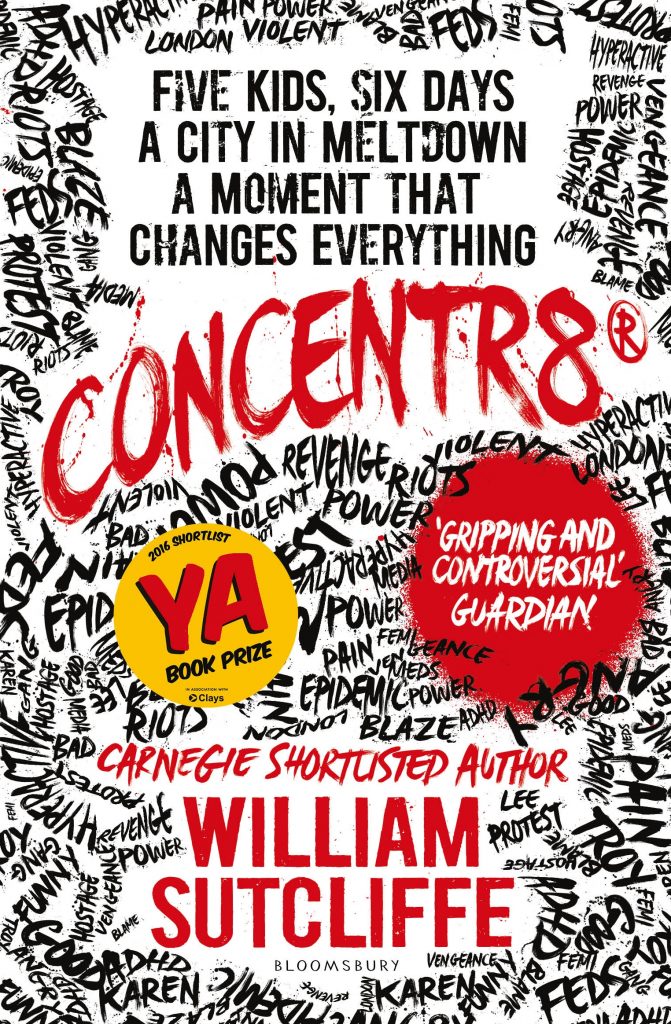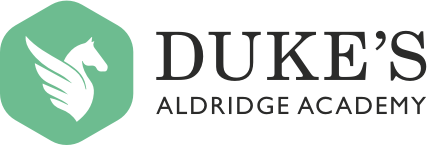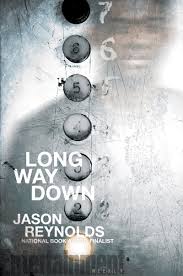Get ready, get excited, get motivated for National Writing Day on 27th June.
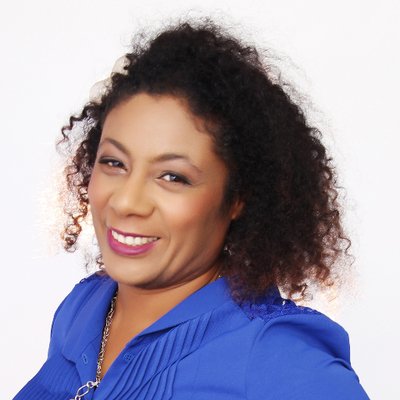 Award-winning author Patrice Lawrence has been the Patron of Reading here at Duke’s for the last 12 months. Her debut young adult novel, Orangeboy, won the Bookseller YA Prize and the Waterstones Prize for Older Children’s Fiction. All year she has been running writing workshops to develop creativity, the mastery of writing and hopefully to inspire the next generation of writers. At the end of the project, she shared her thoughts on her time at Duke’s, her books and her inspirations.
Award-winning author Patrice Lawrence has been the Patron of Reading here at Duke’s for the last 12 months. Her debut young adult novel, Orangeboy, won the Bookseller YA Prize and the Waterstones Prize for Older Children’s Fiction. All year she has been running writing workshops to develop creativity, the mastery of writing and hopefully to inspire the next generation of writers. At the end of the project, she shared her thoughts on her time at Duke’s, her books and her inspirations.
If you’re a talented writer, why not get your writing published by entering the Young Storyteller competition. There’s still time. The deadline is Monday 9th June. Ask your English teacher for more information.
Now, read on for Patrice’s top tips and the next books you must take out of the library.
What have been your highlights as the Patron of Reading at Duke’s Aldridge Academy?
I’ve absolutely loved coming here and meeting and being inspired by all the young people that I write for and about. It has been a real privilege to share the books I love- The Hate You Give has gone down particularly well. But also to be a witness to the young people’s creativity here. I hope my time here shows that even if you’re not in a top set for English, you can be a storyteller with a voice of your own.
What books inspired you?
As a child I was fostered for the first four years of my life. My foster mum signed me up to the local library and I just consumed books. I read everything from Doctor Dolittle and the Enid Blighton books, to all the children’s classics. My mum was also a big, big reader and would pass them on to me.
The one I loved the most was Wind in the Willows because it’s a story about friendship, companionship, growing up in Sussex, and food. The family went on lots of picnics, so I lovedit.
Then later, at secondary school, it was my English teachers who gave me books. Ms Jones and Ms Clarke recommended books for me all the time. Through them I read classics like S.E. Hinton’s The Outsider and Paul Zindel’s The Pigman. This was really my first exposure to young adult literature. My English teachers were really important. In fact, when Orangeboy first got publisherd both Ms Jones and Ms Clarke got in touch to congratulate me and say they always thought I could be a writer.
Are your characters like you at all?
There is definitely a bit of me in all the characters. The geekiness in Marlon and Bailey is definitely mine. There’s also quite a bit of wish fulfilment though: both Indigo and Tish have a spikiness, a resilience, a loyalty that I wish I’d had at that age. Plus, there are lots of bits of other people in the characters too.
There is a character in Indigo Donut, for example, who is drawn from my experiences of my own father. He became homeless as a man in his 40s. So, I wrote that to try to understand what my own dad had experienced.
What other experiences do you draw on when writing?
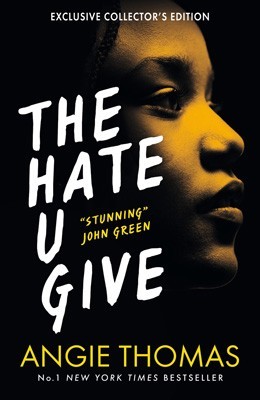
My default mood is angry. I’m really angry at social injustice. When I had my own daughter, even though we’re from a deprived part of Hackney, I was aware of the privilege of being born into this family, and I think that is reflected in the themes in my books.
I think it’s really important to openly talk about the experiences that inform my books. I’ve experienced bereavement, have family in prison and I’ve been in care. I can talk about these things because I know there will be people who share those experiences, who perhaps can’t talk about it but who see themselves represented.
I also want to write books that young Londoners get. I want young writers to know that if, like me, you are someone who has grown up as the first in your family to be born in England, into a working class family, that you can be a writer and your voice is important too.
Have libraries been important to you?
A school library, staffed by a librarian with real expertise, expands your universe. I came from a house with lots of books- my Mum read lots of English classics- but a librarian putting a book in my hand that I hadn’t thought of was so inspirational. That was what inspired me to become a YA writer. Whether you have books at home or not, libraries can open doors. Books encourage empathy and creativity.
What advice would you give to young people who are interested in becoming writers?
- Write.
A few words on the memo section of your phone. A paragraph at the back of a notebook. Even a description of something you notice. I was walking up Kingsland Road today and noticed how the pink light reflected off the windows of the new Tottenham stadium, so I just tapped that into my phone as a promnpt for later.
- Keep everything.
You’ll look back at your writing later and realise how good you are.
Remember there are different types of writing. You don’t have to write a book- there’s poetry, screen writing, plays, flash fiction, blogging…
- Technology has invented spell checker so don’t worry about your spelling.
- Experience stories through books, comic books, songs, films, TV. Read and watch and learn how stories are out together.
What are the next 3 books every student should put on their wishlist?
Long Way Down, Jason Reynolds
I think everyone should read this. It’s a wonderful African American book about masculinity, expectations, peer pressure and it’s all expressed through poetry.
Poet X, Elizabeth Acevedo
This book is almost a companion piece to Jason Reynold’s book. It’s about being a young woman; it’s about fitting in; it’s about community and faith; and is again written through the medium of poetry.
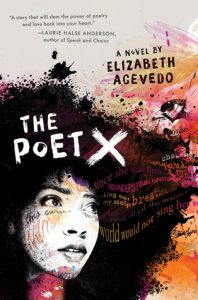
Concentr8, William Sutcliffe
Set in an alternate world of post-riot Hackney, Consent 8 is about young people seizing power. It’s full of brilliant, brilliant voices.
